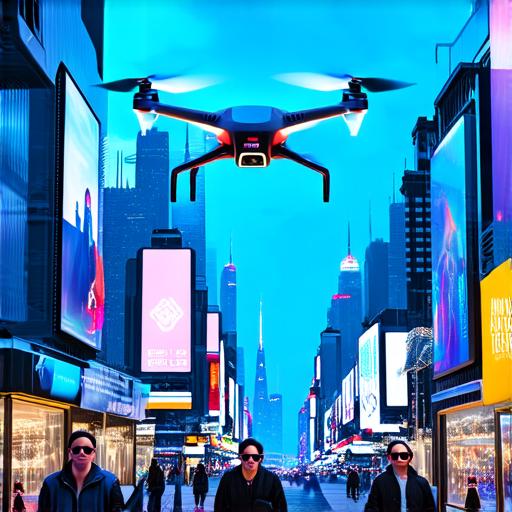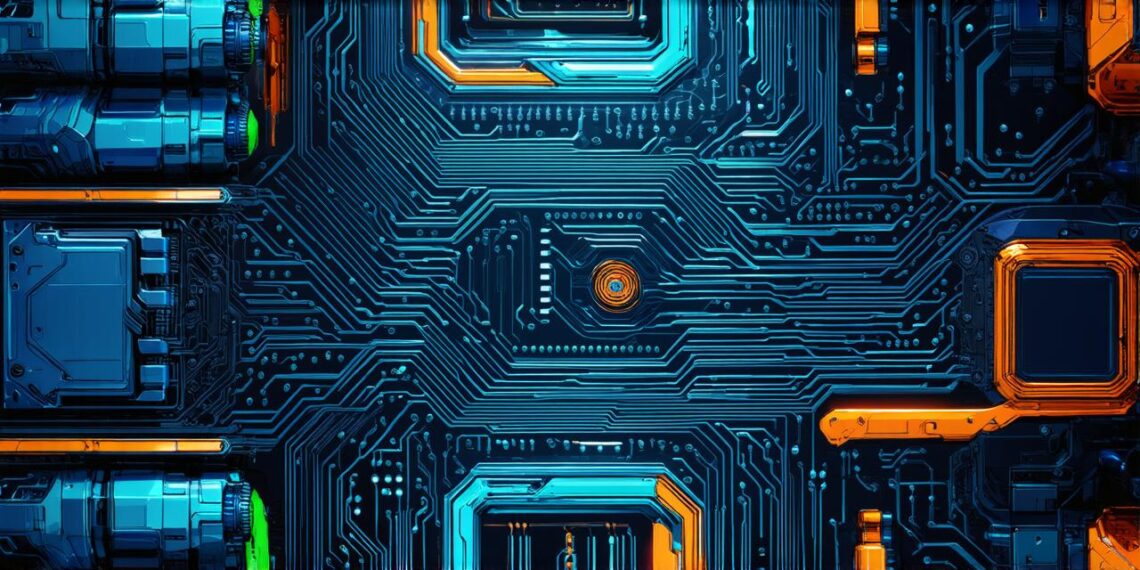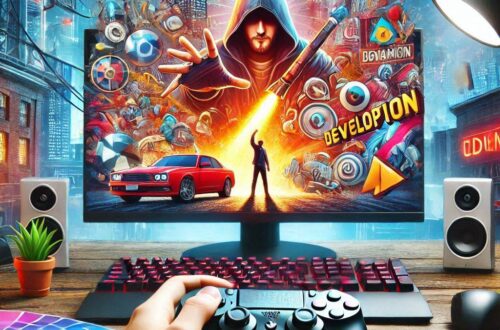<p></p>

Introduction
<p>Artificial intelligence (AI) is rapidly transforming various industries, including video game development. With the integration of AI into games, developers can create immersive and engaging experiences that enhance player satisfaction. In this article, we will explore the function of AI in video game development, highlighting its benefits and potential drawbacks. We will also discuss real-life examples of games that have successfully integrated AI to provide players with a unique gaming experience.</p>
<h2>What is AI in Video Game Development?</h2>
<p>AI refers to the use of computer algorithms and machine learning techniques to create intelligent and autonomous systems within video games. These systems can perform tasks such as decision-making, problem-solving, and strategic planning, among others. AI can also be used to create non-player characters (NPCs) that exhibit realistic behaviors and personalities, adding depth to the game world.</p>
<h2>Benefits of AI in Video Game Development</h2>
<p>Enhanced Player Experience: AI can create a more immersive and engaging gaming experience for players by providing them with more challenging and dynamic gameplay. AI-powered systems can adapt to player behavior, making the game feel more personalized and responsive.</p>
<p>Improved Game Mechanics: AI can be used to improve game mechanics by creating more complex and strategic gameplay scenarios. For example, AI can be used to create enemies that exhibit different behaviors based on player actions, making the game feel more realistic and challenging.</p>
<p>Increased Efficiency: AI can also increase efficiency in video game development by automating repetitive tasks such as level design and character animation. This can save developers time and resources, allowing them to focus on other aspects of game development.</p>
<h2>Real-Life Examples of AI in Video Game Development</h2>
<h3>1. "The Last of Us": Developed by Naughty Dog, this game features an AI system that controls the behavior of infected humans, creating a more realistic and challenging gaming experience for players. The AI system also adapts to player behavior, making the game feel more personalized and responsive.</h3>
<h3>2. "Deus Ex": This game features an AI system that controls the behavior of NPCs, allowing players to interact with them in unique and meaningful ways. The AI system also adapts to player behavior, creating a more immersive and dynamic game world.</h3>
<h3>3. "Red Dead Redemption 2": This game features an AI system that controls the behavior of animals such as horses, making the game feel more realistic and challenging. The AI system also adapts to player behavior, making the game feel more personalized and responsive.</h3>
<h2>Potential Drawbacks of AI in Video Game Development</h2>
<h3>1. Increased Complexity: AI can increase the complexity of video games, which may be overwhelming for some players. This could lead to a decrease in player satisfaction and repeat play.</h3>
<h3>2. Performance Issues: AI systems can require significant computational power, which may lead to performance issues on lower-end systems.</h3>
<h3>3. Ethical Concerns: The use of AI in video games raises ethical concerns about the treatment of NPCs and the potential for AI systems to become too intelligent, leading to unintended consequences.</h3>
<h2>Summary</h2>
<p>AI is transforming video game development by providing developers with new tools and techniques to create immersive and engaging experiences for players. The benefits of AI in video game development are clear, but there are also potential drawbacks that must be carefully considered. As AI continues to evolve, it will be important for developers to strike a balance between creating challenging and dynamic gameplay while ensuring that the use of AI is ethical and responsible.</p>
<h3>FAQs</h3>
<h3>1. What is AI in video game development?</h3>
<p>AI refers to the use of computer algorithms and machine learning techniques to create intelligent and autonomous systems within video games. These systems can perform tasks such as decision-making, problem-solving, and strategic planning, among others.</p>
<h3>2. How does AI enhance player experience in video game development?</h3>
<p>AI can create a more immersive and engaging gaming experience for players by providing them with more challenging and dynamic gameplay. AI-powered systems can adapt to player behavior, making the game feel more personalized and responsive.</p>
<h3>3. What are some real-life examples of AI in video game development?</h3>
<h3>1. "The Last of Us": Developed by Naughty Dog, this game features an AI system that controls the behavior of infected humans, creating a more realistic and challenging gaming experience for players. The AI system also adapts to player behavior, making the game feel more personalized and responsive.</h3>
<h3>2. "Deus Ex": This game features an AI system that controls the behavior of NPCs, allowing players to interact with them in unique and meaningful ways. The AI system also adapts to player behavior, creating a more immersive and dynamic game world.</h3>
<h3>3. "Red Dead Redemption 2": This game features an AI system that controls the behavior of animals such as horses, making the game feel more realistic and challenging. The AI system also adapts to player behavior, making the game feel more personalized and responsive.</h3>
<h3>4. What are some potential drawbacks of AI in video game development?</h3>
<h3>1. Increased Complexity: AI can increase the complexity of video games, which may be overwhelming for some players. This could lead to a decrease in player satisfaction and repeat play.</h3>
<h3>2. Performance Issues: AI systems can require significant computational power, which may lead to performance issues on lower-end systems.</h3>
<h3>3. Ethical Concerns: The use of AI in video games raises ethical concerns about the treatment of NPCs and the potential for AI systems to become too intelligent, leading to unintended consequences.</h3>






